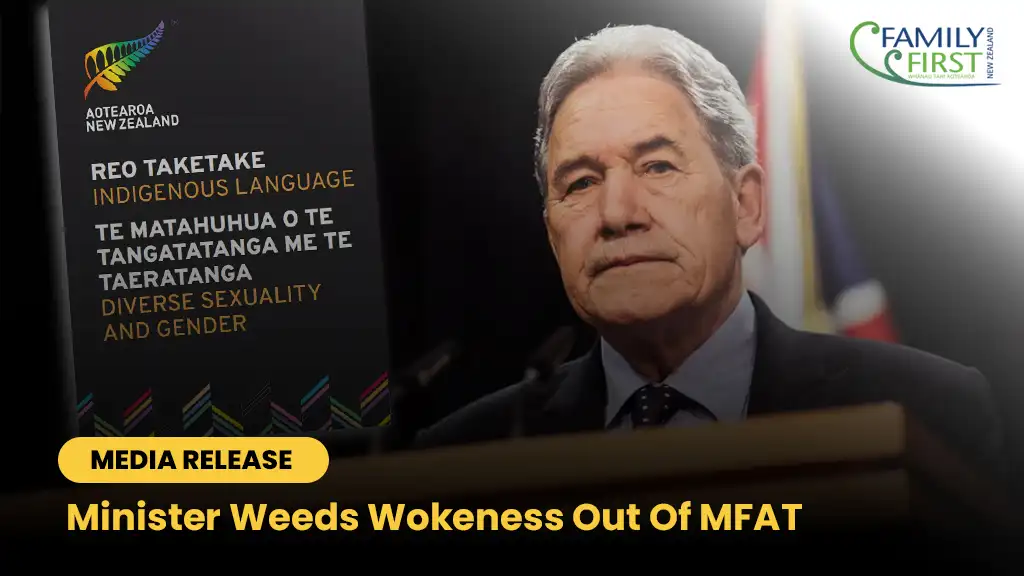Media Release 26 June 2020
Family First NZ says that rising violence in primary schools should be no surprise, and their recent analysis of the anti-smacking law revealed that not only has the ban failed to reduce the harm perpetrated against children, but it has increased the harm inflicted by children.
The report “A Dog’s Breakfast: New Zealand’s Anti-Smacking Law 13 Years On” released earlier this month examined the social indicators relating to child abuse affecting our children and families in the years leading up to the ban on smacking (2000 – 2007) and since the law was passed (2007 – 2019), using official government data from Oranga Tamariki, NZ Police, Stats NZ and the Ministry of Health.
As well as notifications of abuse to government agencies continue to increase at alarming rates, and rates of physical abuse (including serious physical abuse) found by both the police and Oranga Tamariki (OT) increasing significantly since the law was passed, the analysis also found that there are significant and warranted concerns around increasing levels of violence in schools, including bullying and physical violence targeting principals and teaching staff
At the beginning of 2018, the NZ School Trustees Association expressed concern about intermediate and primary schools being forced to consider excluding and suspending students, amid a reported rise in extreme behaviour among children. The President of the NZ School Trustees Association Lorraine Kerr said, “Normally one would expect this type of behaviour in secondary schools. It’s now becoming intermediate schools, and in some extreme cases … it’s presenting itself in primary.”
Source: Minstry of Education
(red line represents when the anti smacking law was passed)
The Principal Health and Wellbeing Survey 2018 found that rates of threats and violence against female school leaders were higher than those against male school leaders in every year, increasing steadily since 2016. Physical violence was reported by 48% of female principals, compared to 43% of male principals.
Edendale Primary School principal David McKenzie told media that an emerging group of children were entering the school system, or were already in it, who had never understood the word, ‘no.’ They had little ability to manage difficult situations without resorting to tantrums or violence which disrupted others in the classroom. He said, “The anti-smacking law has been interpreted as the anti-discipline law.”
Principals are now 11.79 times more likely to be subject to physical violence at work than the rest of the population.
New Zealand Principals’ Federation (NZPF) president Whetu Cormick says the guidelines for restraining a student need urgent attention. He said, “It is ridiculous that we cannot restrain a child who is trashing a classroom or principal’s office. The Crimes Act and the Education Act are at odds on this issue and schools need this mess sorted quickly.”
“It seems ironic that while we are saying no to violence within families and the community, schools are expected to tolerate an unacceptable level of violence and unruly behaviour. Criminalising good parents who simply want to raise law-abiding and responsible citizens is bad law-making. At this stage it would appear that not only has the ban failed to reduce the harm perpetrated against children, but it has increased the harm inflicted by children,” says Bob McCoskrie, National Director of Family First NZ and lead author of the report.
DOWNLOAD THE REPORT:
https://www.familyfirst.org.nz/wp-content/uploads/2020/05/A-DOGS-BREAKFAST-Report-2020.pdf
ENDS






